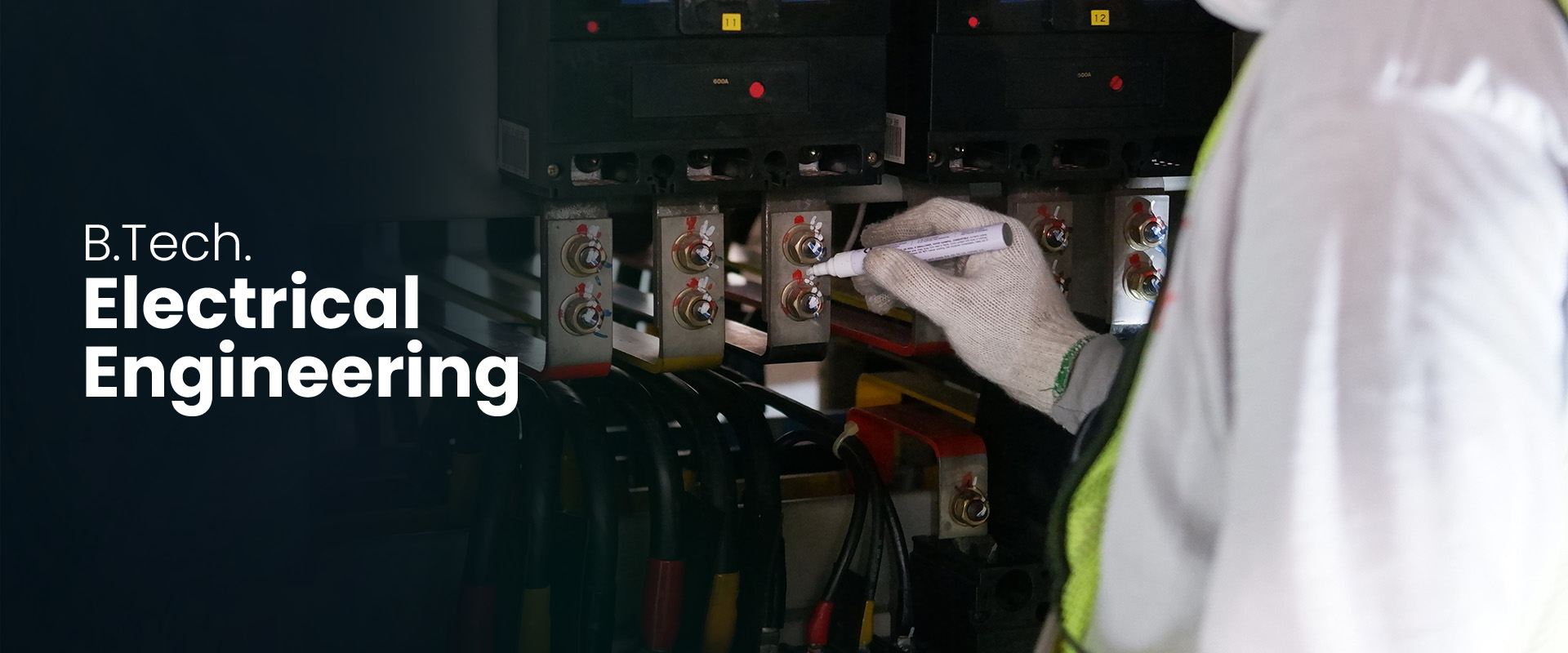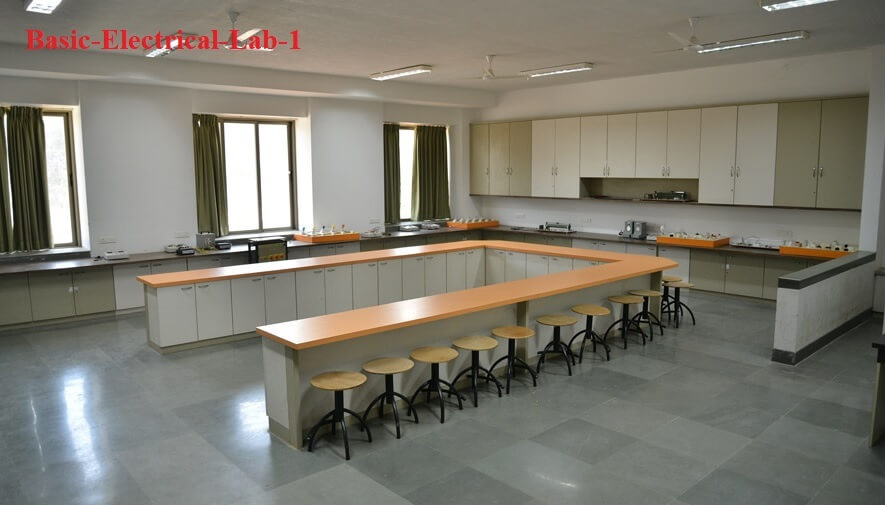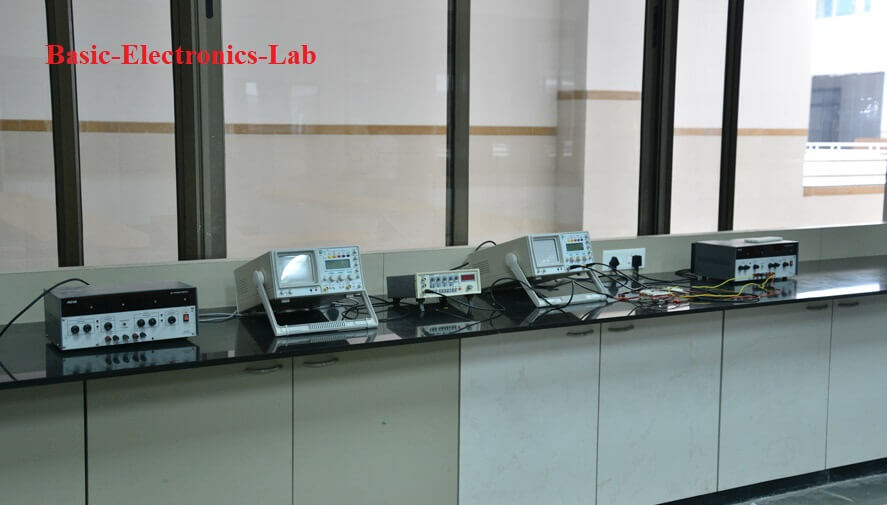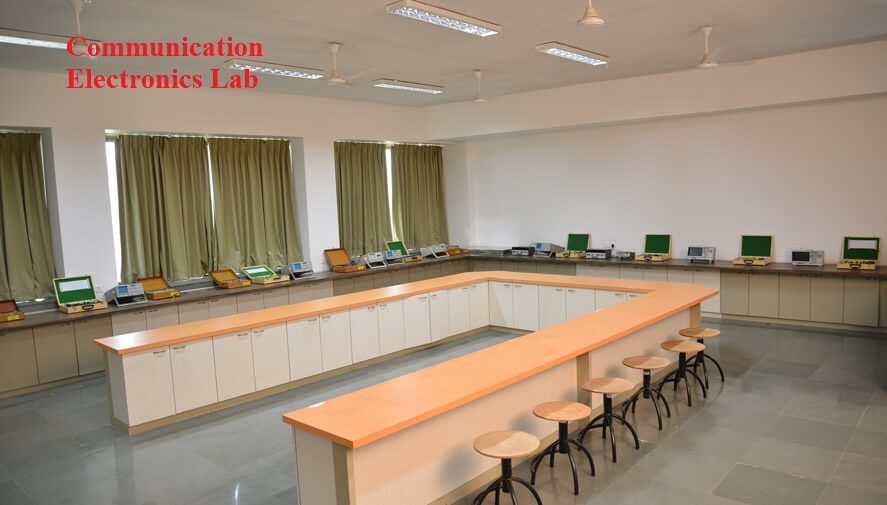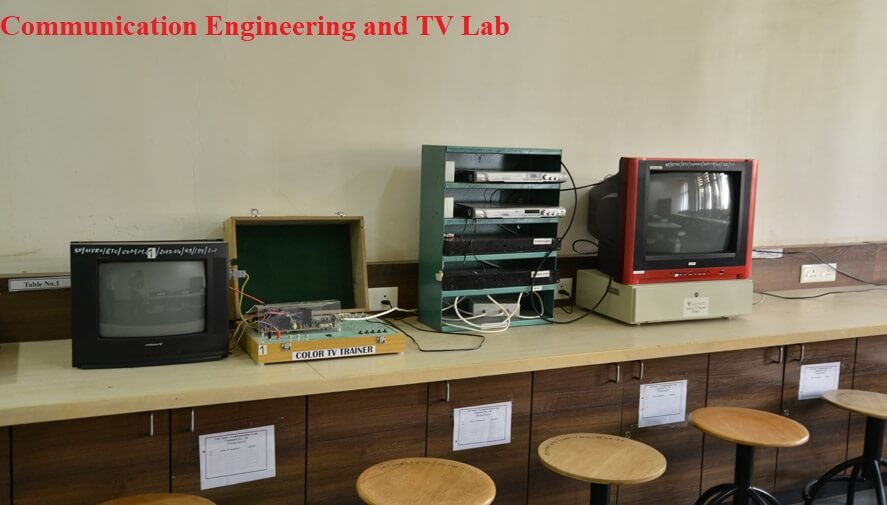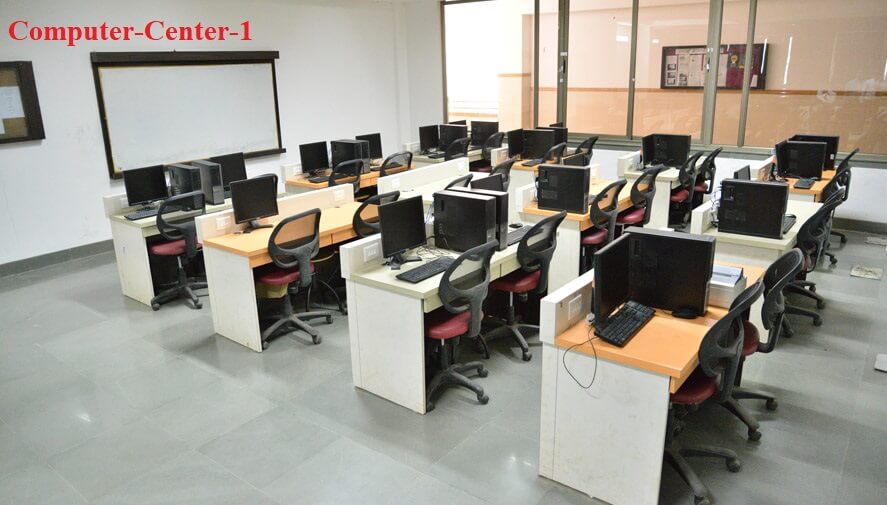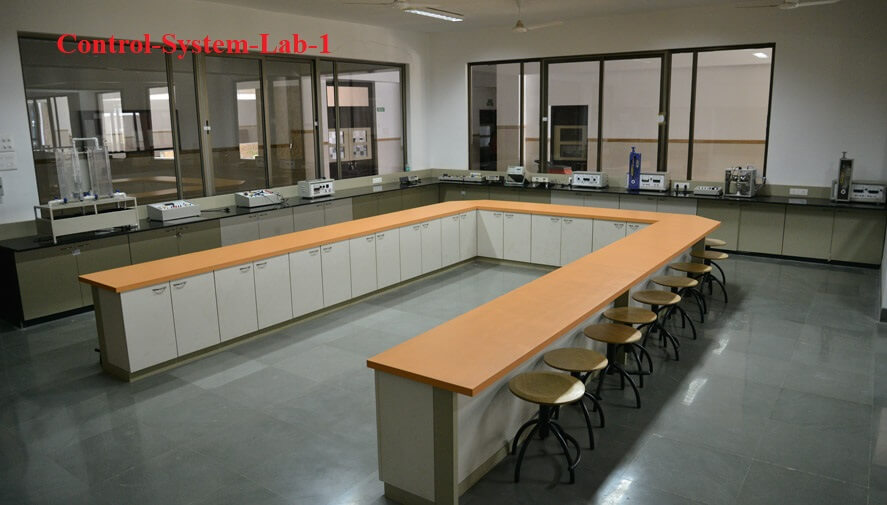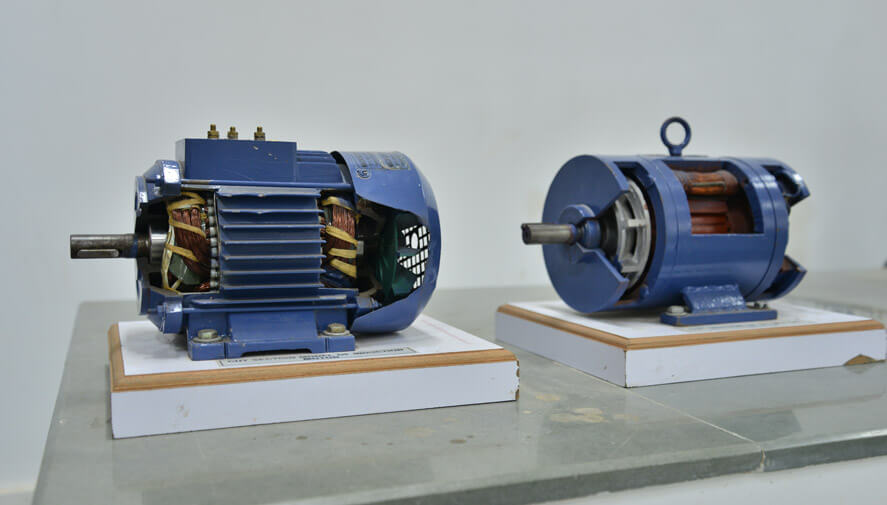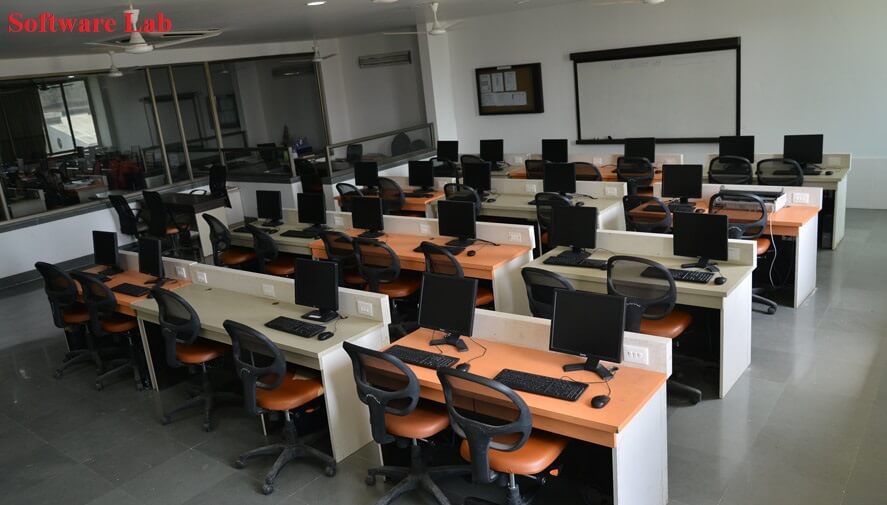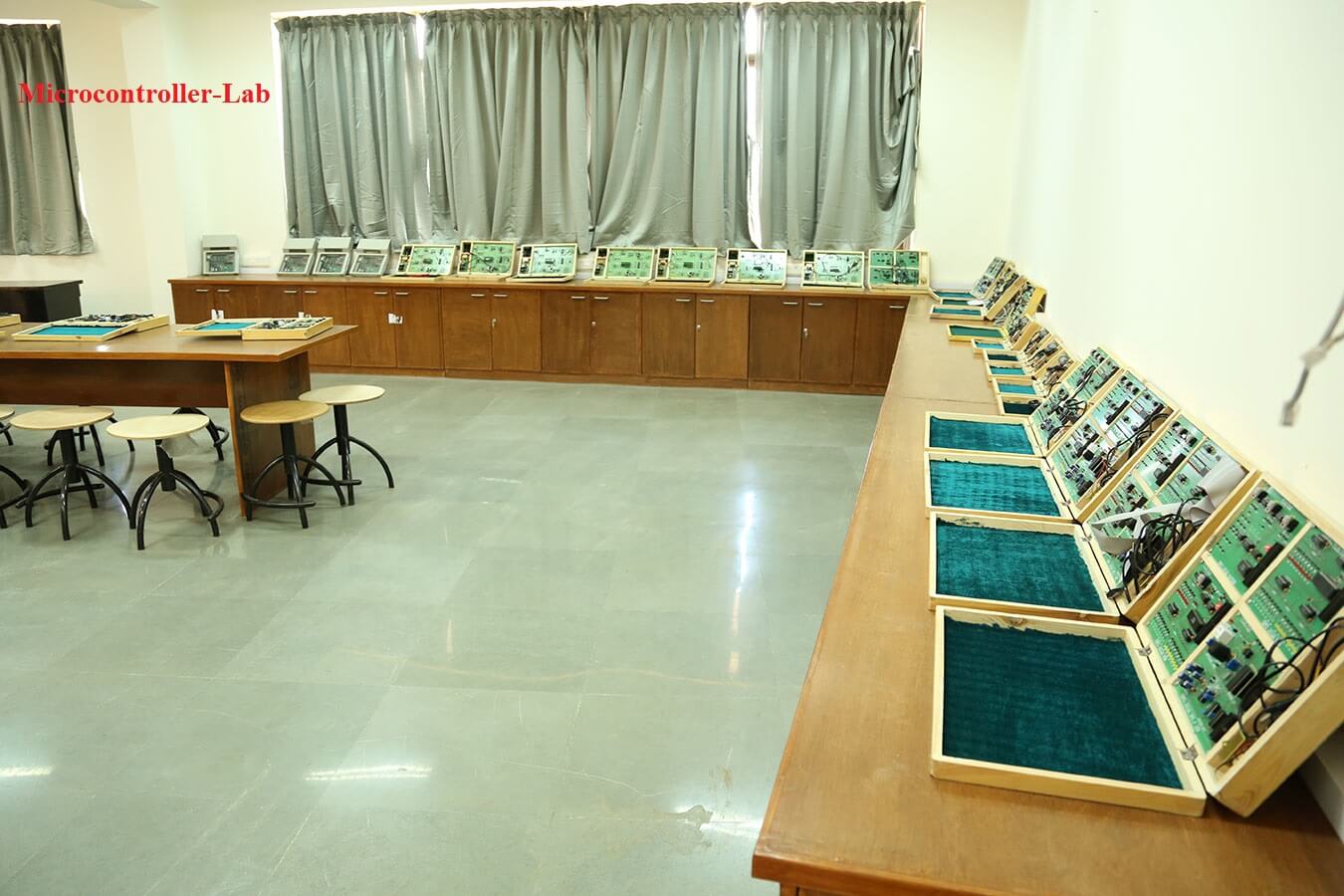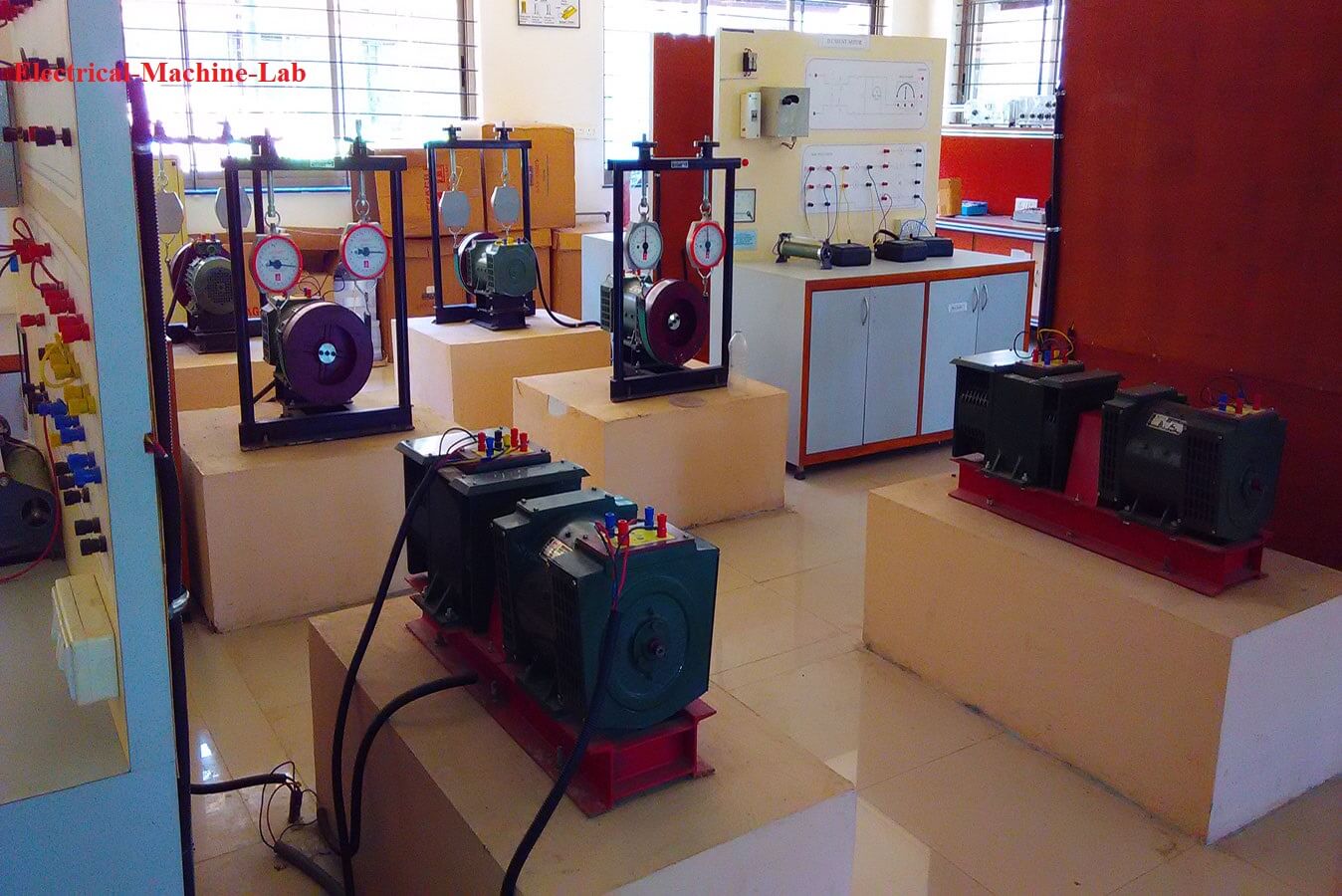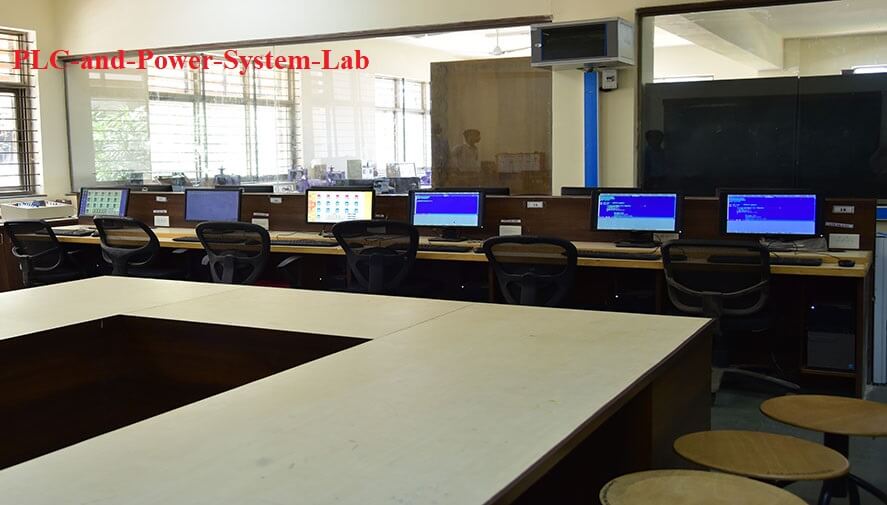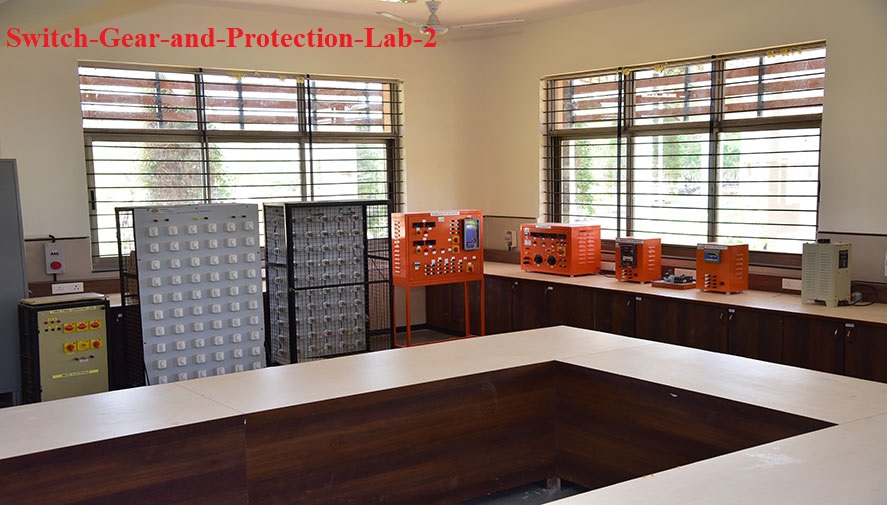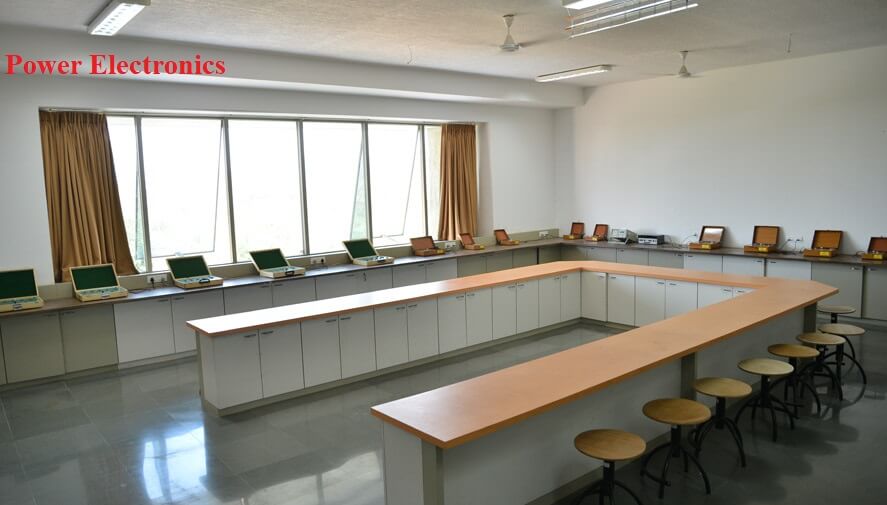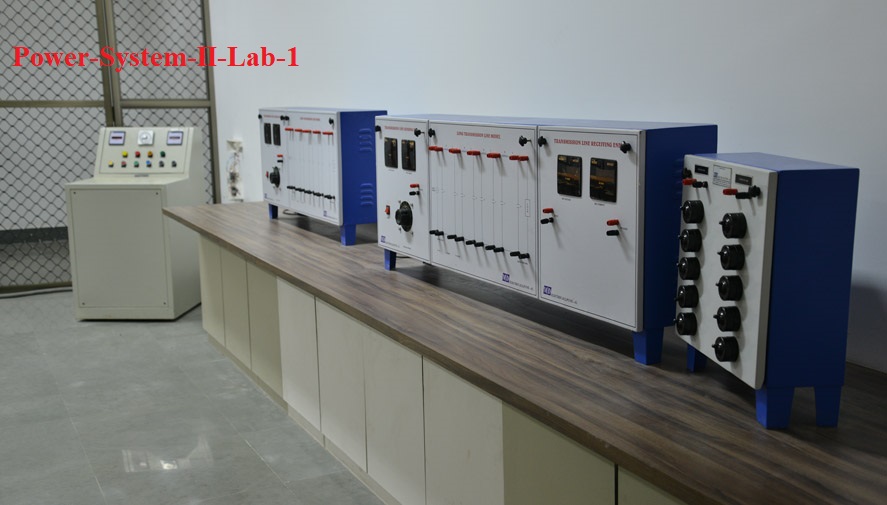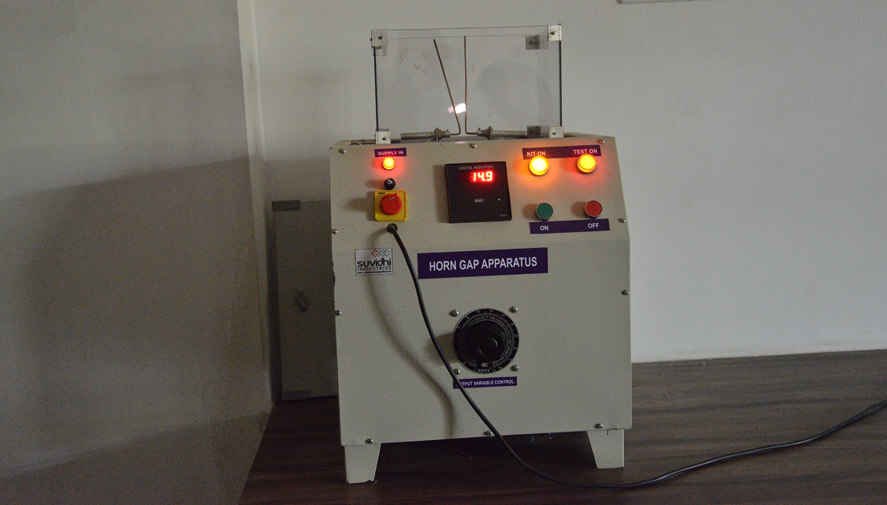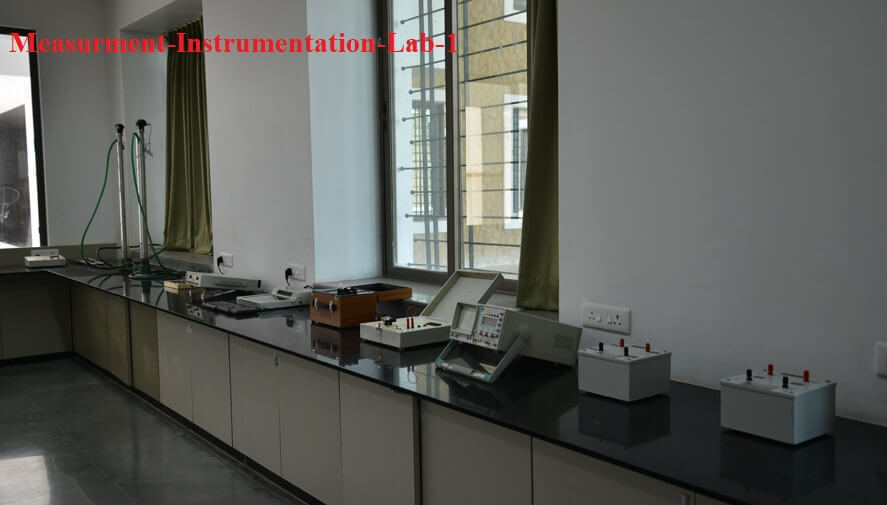About Electrical Engineering
Career Opportunities in Electrical Engineering

Electrical Engineer
Electrical engineers are tasked with designing, developing, testing, and manufacturing electrical systems and equipment across different industries like power generation, aerospace, transportation, etc.

Design Engineer
A design engineer is responsible for designing and innovating products as per the needs of the consumer and based on latest industry standards. They design prototypes, test them, and are also involved in the manufacturing process.

Project Manager
A project manager in the electrical engineering industry oversees the designing, testing, manufacturing, and trouble-shooting aspect of a particular project. They have to manage a team and ensure the timely completion of a project.

Test Engineer
A test engineer in electrical engineering has to conduct comprehensive and extensive tests on electrical components to ensure that they are working up to the mark and do not have any manufacturing or designing glitch.
Fee Structure & Eligibility
| Programme | Sem | Year | Mode | Eligibility | Academic Fees Per Year (INR) |
Special Fees (Incl. Library Fee & Examination Fees) Per Year (INR) |
Fees Per Year |
|---|---|---|---|---|---|---|---|
School of Engineering & Technology (UG) |
|||||||
| B.Tech (Electrical Engineering) | 8 | 4 | Sem | Passed 10+2 examination with Physics/ Mathematics / Chemistry/ Computer Science/ Electronics/ Information Technology/ Biology/ Informatics Practices/ Biotechnology/ Technical Vocational subject/ Agriculture/ Engineering Graphics/ Business Studies/ Entrepreneurship as per table 8.4 Agriculture stream (for Agriculture Engineering) Obtained at least 45% marks (40% marks in case of candidates belonging to reserved category) in the above subjects taken together OR Passed min. 3 years Diploma examination with at least 45% marks (40% marks in case of candidates belonging to reserved category) subject to vacancies in the First Year, in case the vacancies at lateral entry are exhausted. (The Universities will offer suitable bridge courses such as Mathematics, Physics, Engineering drawing, etc., for the students coming from diverse backgrounds to prepare Level playing field and desired learning outcomes of the programme). |
Rs. 80,000 /- | Rs. 10,000 /- | Rs. 90,000/- |
School of Engineering & Technology (UG-Lateral Entry) |
|||||||
| B.Tech (Electrical Engineering) | 6 | 3 | Sem | Passed Minimum Three years/Two years (Lateral Entry) Diploma examination with at least 45% marks (40% marks in case of candidates belonging to reserved category) in Any branch of Engineering and Technology. OR Passed B.Sc Degree from recognised University as defined by UGC, with at least 45% marks (40% marks in case of candidates belonging to reserved category) and passed 10+2 examination with Mathematics as a subject. OR Passed D.Voc. Stream in the same or allied sector. (The Universities will offer suitable bridge courses such as Mathematics,Physics,Engineering drawing etc, for the students coming from diverse backgrounds to achieve desired learning outcomes of the programme) Refer table 1.10 of Appendix-1 |
Rs. 80,000 /- | Rs. 10,000 /- | Rs. 90,000/- |
Note:
- Admission Form and Prospectus Rs. 1000/- (One Time).
- Caution Money Rs. 1000/-
- Hostel Fees Rs. 1,10,000/- per annum + 5000 (Deposit Rs 5, 000 at the time of Admission only on refundable basis) Minimum 4 Occupancy
- Transportation Fees as applicable based on Route and Pick Up Point.
- Uniform Cost Rs. 6000/-

